Taking care of your heart is super important, and one of the easiest ways to do that is by eating the right foods. You might be surprised to know that some of the most common fruits and vegetables can give your heart a big health boost. These foods are not only delicious but also packed with nutrients that help keep your heart in great shape. From the sweetness of berries to the crunchiness of carrots, adding these heart-friendly foods to your diet can make a real difference.
Contents
- 1 Blueberries
- 2 Avocados
- 3 Spinach
- 4 Tomatoes
- 5 Oranges
- 6 Broccoli
- 7 Apples
- 8 Pomegranates
- 9 Red Grapes
- 10 Blackberries
- 11 Kiwi
- 12 Mangoes
- 13 Carrots
- 14 Cherries
- 15 Papayas
- 16 More From RetailShout
- 17 21 Aldi Just Brought Back Its Best Holiday Products Early
- 18 10 Amazing Food Hacks for an Unforgettable Camping Trip
Blueberries
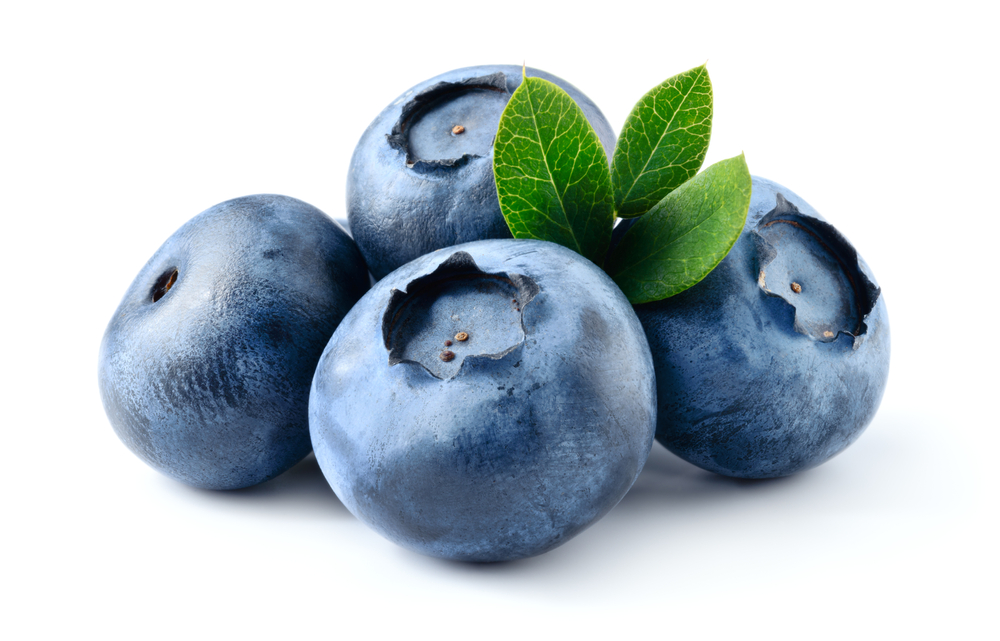
Blueberries are packed with antioxidants, particularly anthocyanins, which help reduce oxidative stress and inflammation. They have been shown to improve endothelial function, which is crucial for maintaining healthy blood pressure. The fiber content in blueberries aids in lowering cholesterol levels. Regular consumption can reduce the risk of heart disease significantly. Blueberries also improve arterial flexibility, reducing the risk of arterial stiffness. Adding a handful to your daily diet can offer substantial heart health benefits.
Avocados
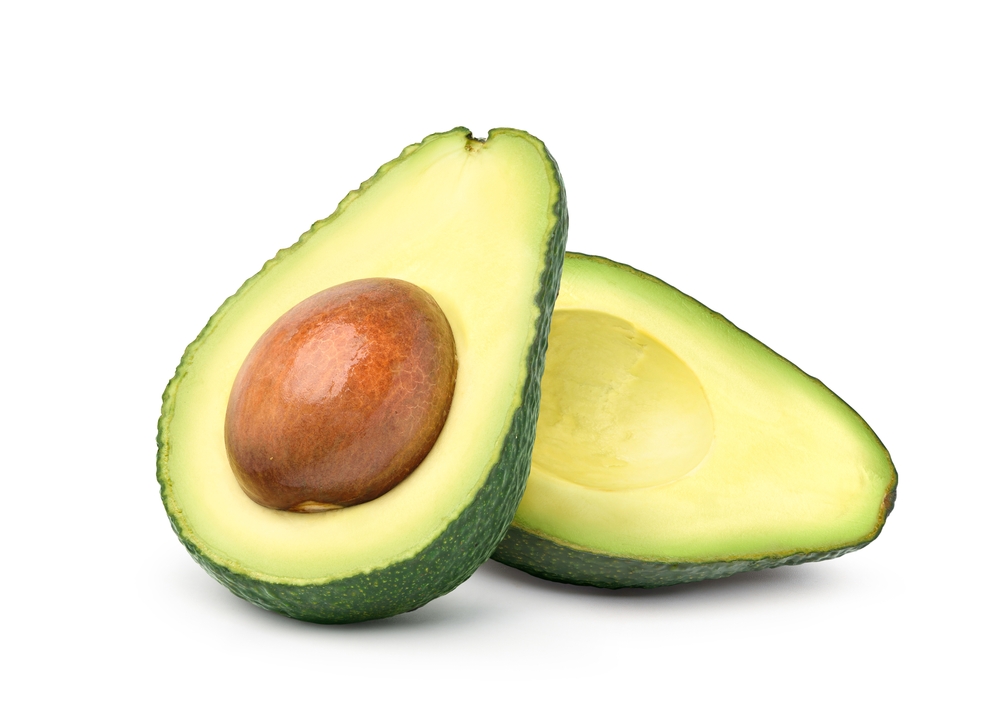
Avocados are rich in monounsaturated fats, which help to lower bad cholesterol levels while increasing good cholesterol. They are a great source of potassium, which helps regulate blood pressure. The presence of fiber and antioxidants in avocados also contributes to cardiovascular health. Regular consumption can lead to a healthier lipid profile. They also contain heart-healthy vitamins such as folate and vitamin E. Including avocados in your diet can help protect against heart disease.
Spinach

Spinach is loaded with nitrates that help improve blood flow and reduce blood pressure. It’s high in potassium and magnesium, minerals that are essential for heart health. Spinach also contains lutein, a carotenoid that prevents the thickening of artery walls. The antioxidants in spinach help reduce inflammation and oxidative stress. Its high fiber content aids in lowering cholesterol levels. Consuming spinach regularly can significantly lower the risk of heart disease.
Tomatoes

Tomatoes are a great source of lycopene, an antioxidant that helps lower LDL cholesterol levels and reduces the risk of heart disease. They also contain potassium, which is beneficial for blood pressure control. The fiber in tomatoes helps manage cholesterol levels. Their anti-inflammatory properties contribute to better heart health. Consuming tomatoes regularly can improve the function of blood vessels. They are versatile and can be easily incorporated into various dishes for heart health benefits.
Oranges

Oranges are high in vitamin C, potassium, and fiber, all of which are beneficial for heart health. The flavonoids in oranges help reduce blood pressure and improve blood vessel function. Regular consumption of oranges can lower cholesterol levels. The soluble fiber in oranges helps remove cholesterol from the bloodstream. Oranges also have anti-inflammatory properties that protect the heart. Including oranges in your diet can help reduce the risk of heart disease.
Broccoli

Broccoli is rich in sulforaphane, a compound that has anti-inflammatory and antioxidant properties. It helps in reducing the risk of arterial damage. The high fiber content in broccoli aids in lowering cholesterol levels. It also contains potassium, which helps control blood pressure. Regular consumption of broccoli can improve overall cardiovascular health. Broccoli is also a good source of vitamins C and K, which are essential for heart health.
Apples

Apples are high in soluble fiber, particularly pectin, which helps lower cholesterol levels. They contain polyphenols that have antioxidant effects, reducing the risk of heart disease. Regular consumption of apples can help improve endothelial function and lower blood pressure. The flavonoids in apples reduce the risk of stroke. Apples also have anti-inflammatory properties that benefit heart health. Including an apple in your daily diet can contribute to a healthier heart.
Pomegranates
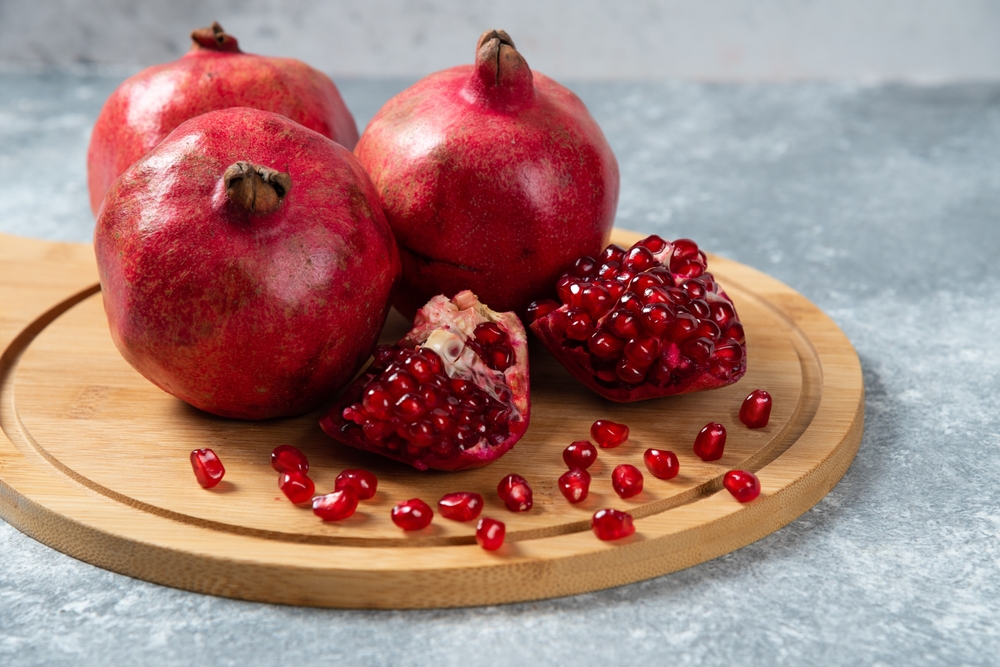
Pomegranates are rich in antioxidants, particularly punicalagins and anthocyanins, which help protect the heart by reducing oxidative stress. They have been shown to lower blood pressure and improve cholesterol levels. The anti-inflammatory properties of pomegranates help prevent heart disease. Regular consumption can improve blood flow to the heart. Pomegranates also reduce the thickness of artery walls. Drinking pomegranate juice or eating the seeds can provide significant heart health benefits.
Red Grapes
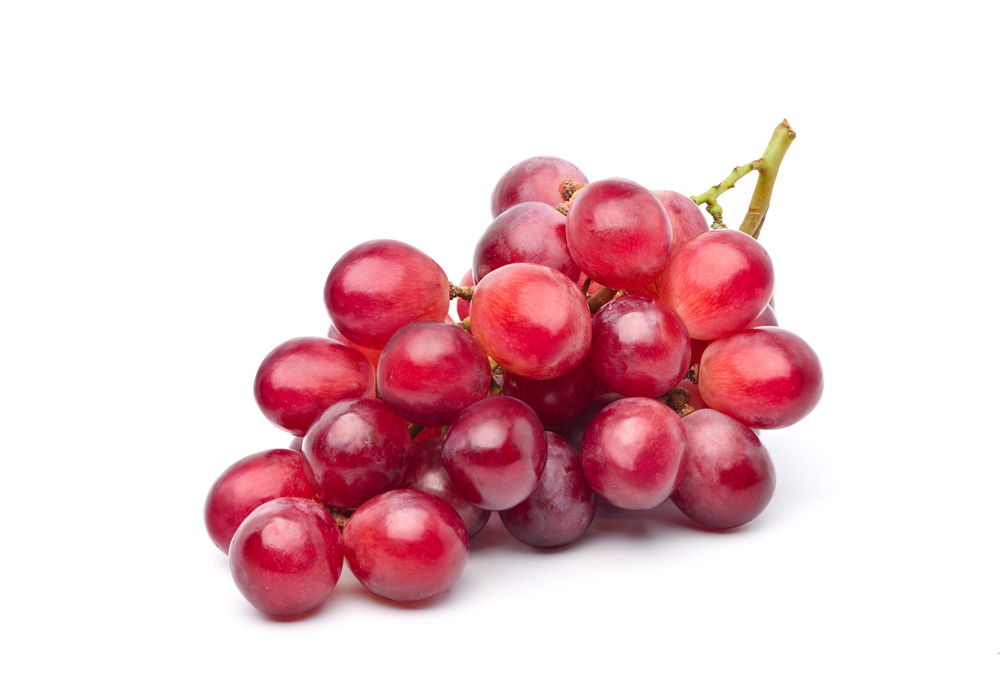
Red grapes contain resveratrol, an antioxidant that helps reduce inflammation and protect the heart. They are also high in flavonoids that improve blood vessel function and reduce blood pressure. Regular consumption of red grapes can lower LDL cholesterol levels. They help in preventing blood clots and improving overall cardiovascular health. The fiber in grapes aids in maintaining healthy cholesterol levels. Including red grapes in your diet can help reduce the risk of heart disease.
Blackberries
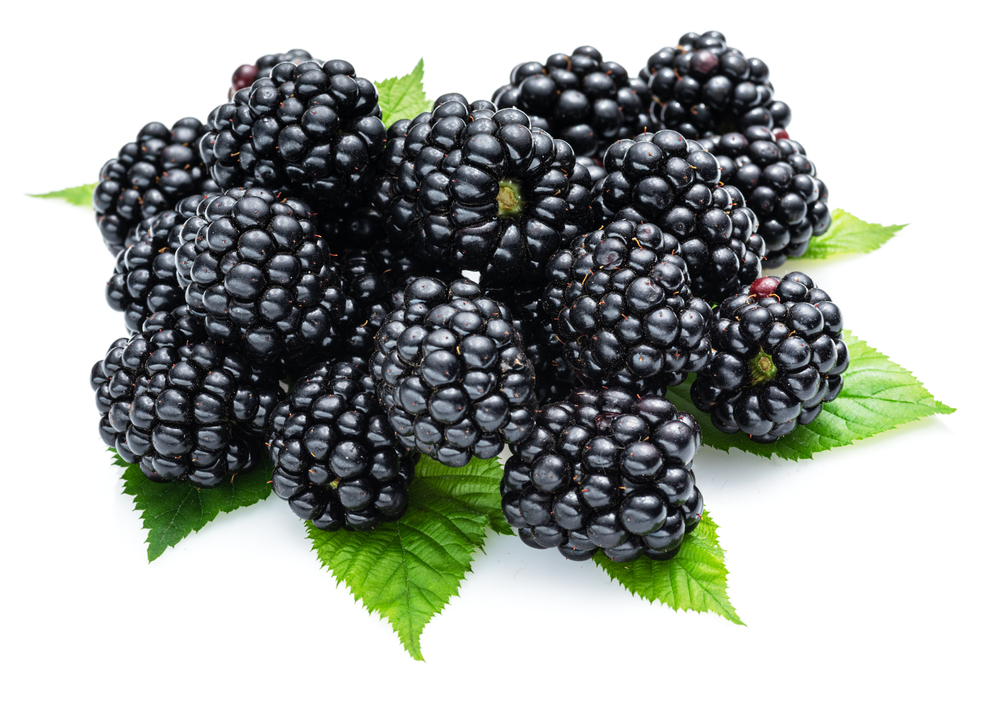
Blackberries are rich in fiber, vitamins, and antioxidants that contribute to heart health. They contain anthocyanins that help reduce oxidative stress and inflammation. Regular consumption can improve cholesterol levels and blood vessel function. The high potassium content in blackberries helps regulate blood pressure. They also contain polyphenols that protect against heart disease. Adding blackberries to your diet can support cardiovascular health significantly.
Kiwi

Kiwi is high in vitamin C, potassium, and fiber, all of which are beneficial for heart health. The antioxidants in kiwi help reduce oxidative stress and inflammation. Regular consumption can improve blood vessel function and reduce blood pressure. Kiwi also helps in lowering cholesterol levels. Its anti-inflammatory properties protect the heart. Including kiwi in your diet can help maintain a healthy cardiovascular system.
Mangoes
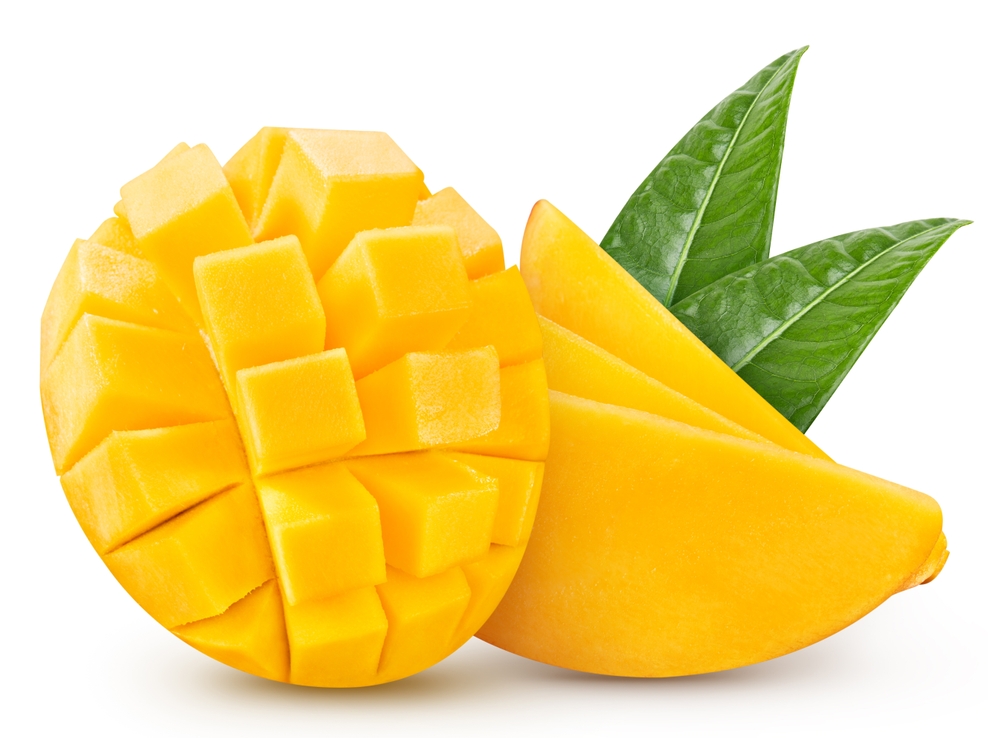
Mangoes are rich in vitamins A, C, and E, which have antioxidant properties that protect the heart. They contain fiber that helps lower cholesterol levels. The potassium in mangoes helps regulate blood pressure. Regular consumption can improve overall cardiovascular health. Mangoes also have anti-inflammatory properties. Adding mangoes to your diet can contribute to heart health.
Carrots

Carrots are high in beta-carotene, fiber, and potassium, all of which are beneficial for heart health. The antioxidants in carrots help reduce oxidative stress and inflammation. Regular consumption can lower cholesterol levels and improve blood vessel function. Carrots also help regulate blood pressure. They have anti-inflammatory properties that protect the heart. Including carrots in your diet can help reduce the risk of heart disease.
Cherries
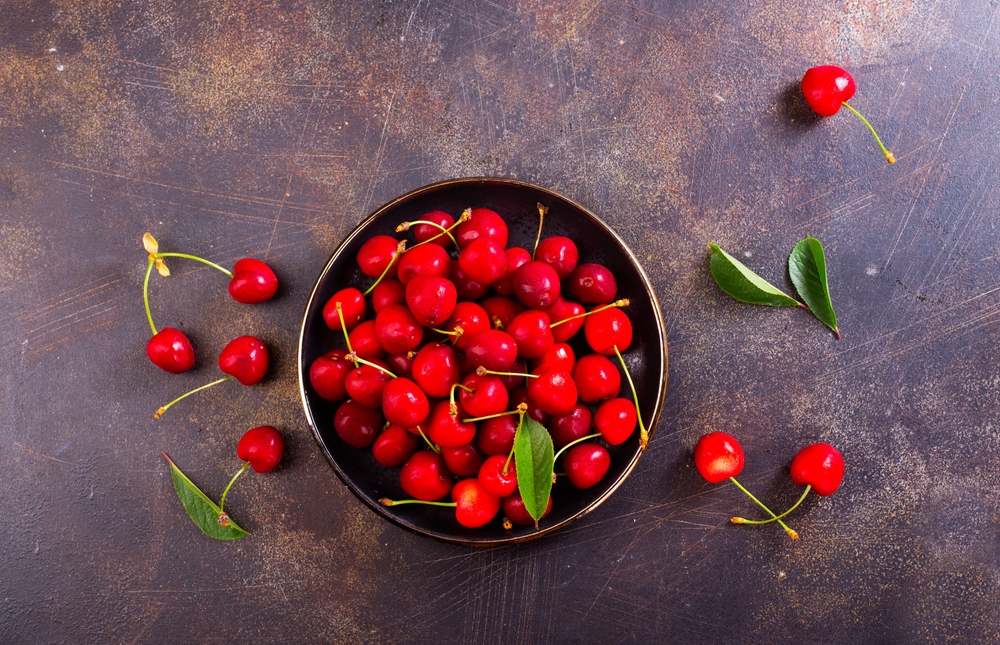
Cherries are rich in antioxidants, particularly anthocyanins, which help reduce inflammation and protect the heart. They have been shown to improve blood vessel function and reduce blood pressure. Regular consumption can lower cholesterol levels. The fiber in cherries aids in maintaining healthy cholesterol levels. Cherries also have anti-inflammatory properties that benefit heart health. Including cherries in your diet can contribute to a healthier heart.
Papayas
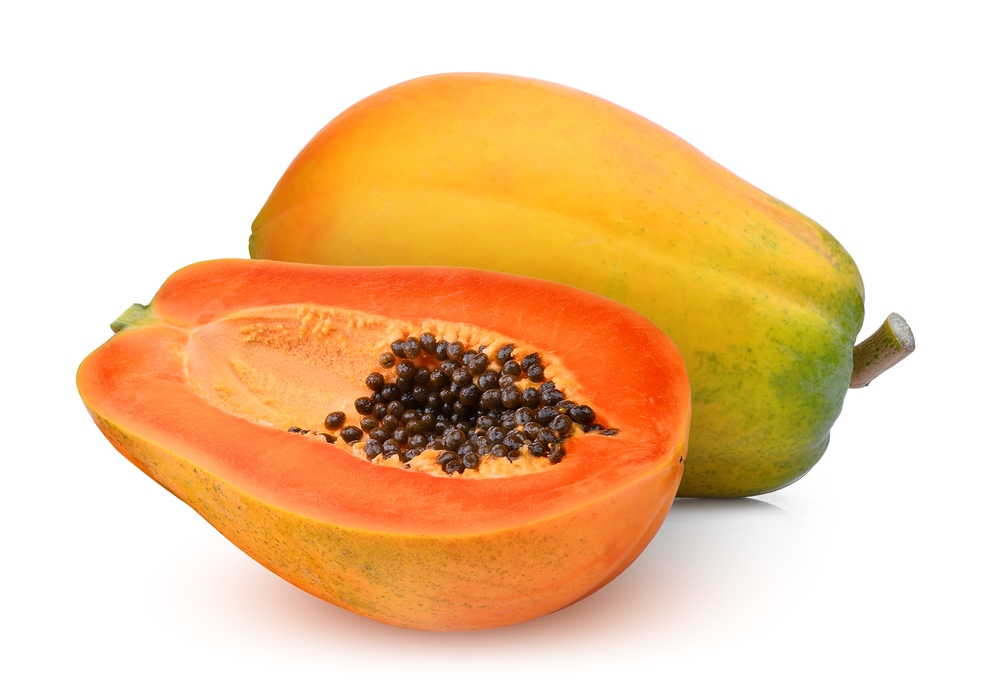
Papayas are high in vitamin C, potassium, and fiber, all of which are beneficial for heart health. The antioxidants in papayas help reduce oxidative stress and inflammation. Regular consumption can improve blood vessel function and reduce blood pressure. Papayas also help in lowering cholesterol levels. Their anti-inflammatory properties protect the heart. Including papayas in your diet can help maintain a healthy cardiovascular system.
This article originally appeared on RetailShout
More From RetailShout
22 Nut-Based Desserts You Can Make at Home

Nut-based desserts offer the perfect combination of crunch and sweetness, making them irresistible to those who love treats with texture. Whether you’re looking for a quick snack or a decadent finish to a meal, these desserts are both easy to make and packed with the goodness of nuts. Read More.
21 Aldi Just Brought Back Its Best Holiday Products Early

ALDI just brought back some of its best holiday products, and it’s time to get excited. These aren’t your average grocery store finds—this lineup is all about gourmet flavors and unique treats that you can’t always find year-round. Read More.
10 Amazing Food Hacks for an Unforgettable Camping Trip

Camping doesn’t mean you have to sacrifice good food and flavors. With these amazing camping food hacks, you can enjoy tasty, hassle-free meals under the stars. Read More.






